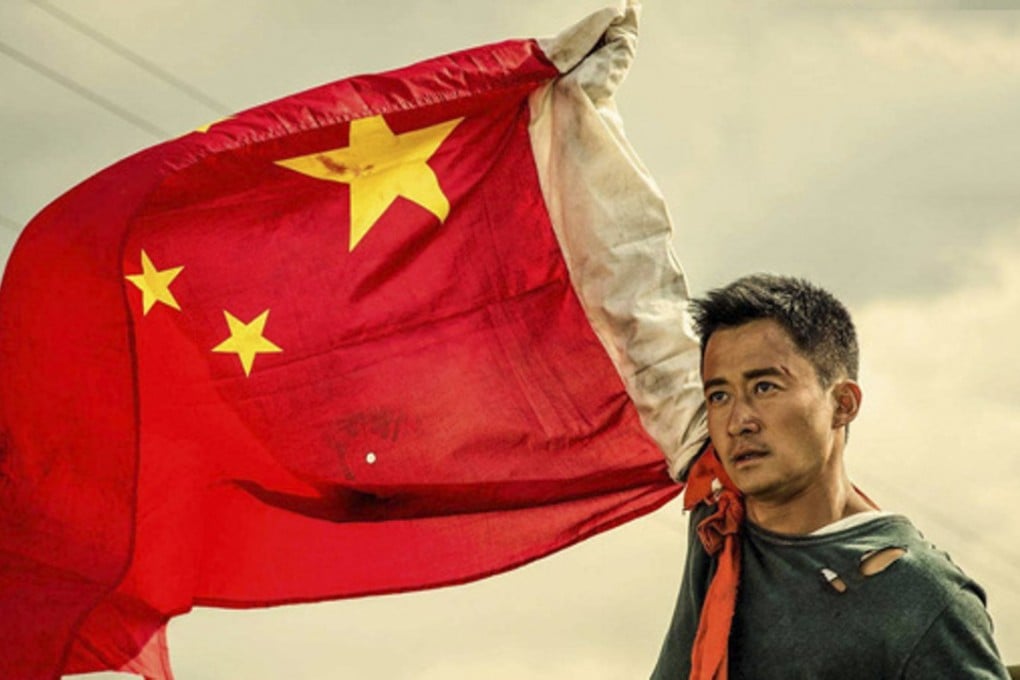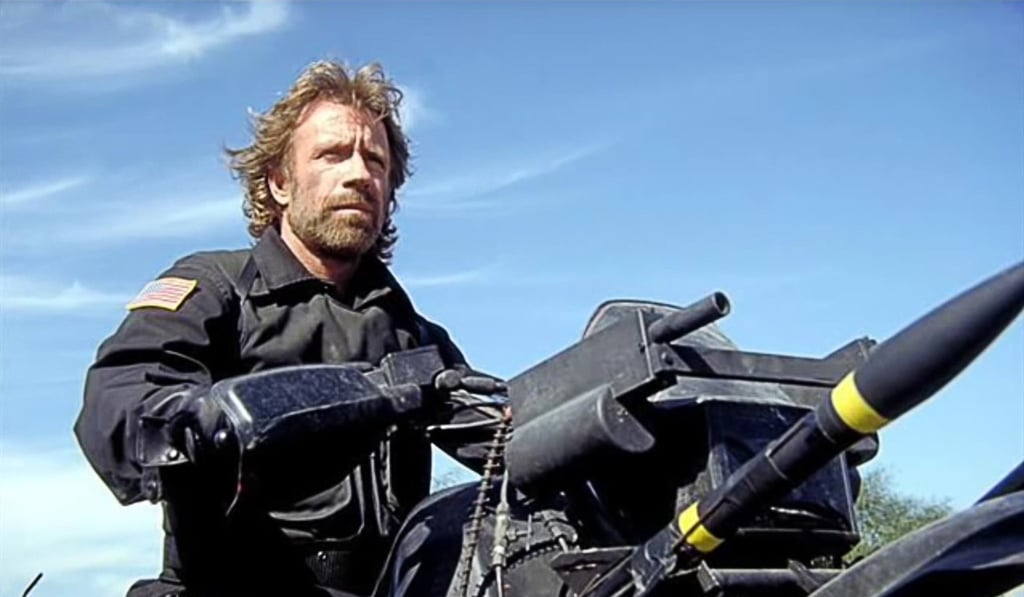China Briefing | Finally, a Chinese superhero who can take on Chuck Norris
Wolf Warrior II offers the most potent proof yet of the nation’s rising power

Back in the 1980s, I was addicted to American action movies, especially the First Blood series starring Sylvester Stallone and the Delta Force series starring Chuck Norris. They were the coolest badasses on the earth, invincible and ruthless yet kind-hearted.
I was particularly struck by Norris’ character in The Delta Force, Major Scott McCoy, who was the ultimate American hero, leading a team of special forces commandos to take down terrorists without breaking a sweat. The propaganda of cocksure, righteous Americans reigning supreme over the evil in the world was evident throughout the movie – as the action and suspense unfolded, the American flag badges on the shoulders of the commandos served as a constant reminder.

Can Xi head off the grey rhinos in China’s economy?
Thirty years later, all this provides the context to the explosive debut of the Chinese action movie Wolf Warrior II, starring Wu Jing, who also scripted and produced the movie, which has taken the nation by storm. Since its July 27 premier, the movie has racked up 4.5 billion yuan in ticket sales and looks set to reach 5 billion yuan (HK$5.85) soon, making it the highest grossing film in China and by some estimates among the top 100 grossing movies in the world.
WATCH: Wolf Warrior II trailer
For the Western audience, the movie may sound familiar and generic enough. It portrays a former Chinese special forces commando, dishonourably discharged after brawling with thugs who tried to evict the family members of a dead comrade from his house, who finds himself eking out a living in an unnamed African country.
After a civil war breaks out, he almost single-handedly takes out a small army of bad guys led by a sadistic American mercenary as he tries to protect and evacuate the Chinese workers to safety.
How Xi Jinping won a stronger mandate to lead China
But for the Chinese audience, Wolf Warrior II has finally delivered an action movie that measures up to the big budget Hollywood blockbusters and gives them a superhero in the character Leng Feng (which literally means ‘Cold Front’) played by Wu, a national kung fu champion himself.
The film delivers non-stop action featuring explosions, gun battles and kung fu acrobatics. The opening sequence of underwater fighting, Leng’s manoeuvring with armed drones, and a climatic tank battle are just some of the highlights.
